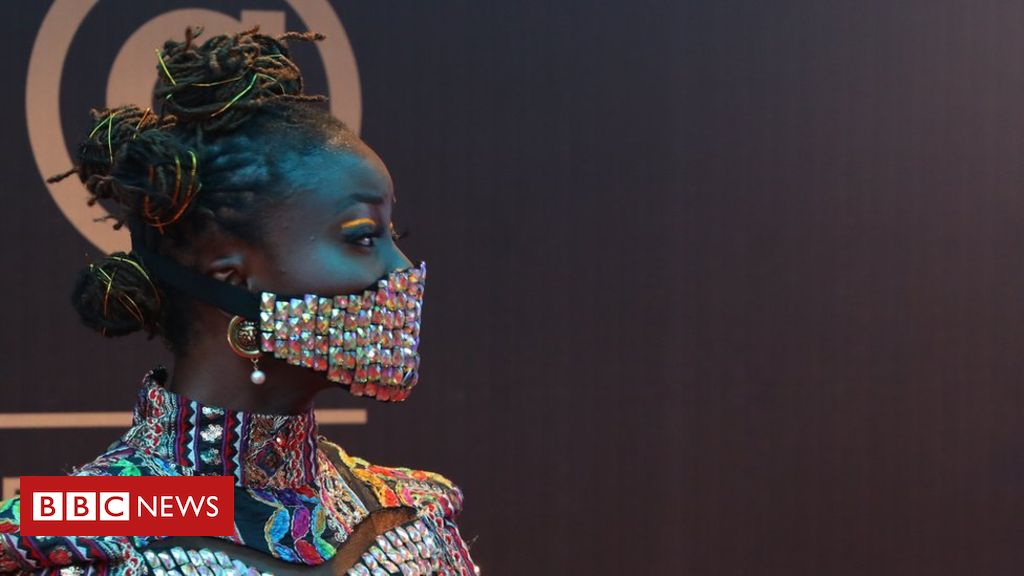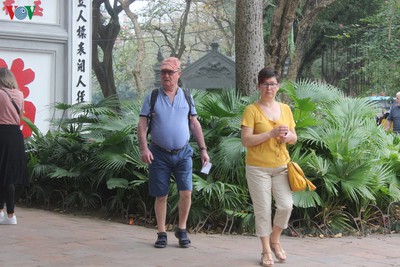In the context of the increasingly complicated nature of the epidemic, the Prime Minister has recently requested that wearing face masks be made compulsory at supermarkets, airports, train and bus stations, cinemas, in addition to on public transport.
Passengers will be given face masks free of charge when visiting coach, bus, or train stations and will be required to put them on throughout the duration of their journey.
The PM also assigned the Ministry of Trade and Industry and the Ministry of Health with the task of keeping a close watch on the manufacturing and supply of face masks as a means of ensuring both the quality and quantity of the product produced.
Indeed, despite legislation just coming into force, it has been common practice for citizens nationwide to wear face masks in public since the COVID-19 first broke out. In addition to this, supermarkets, convenience stores, and other places of retail will remind customers of the need to hand sanitiser and don face masks before entering the premises.
With the Prime Minister’s request coming into effect, supermarkets and shop security guards will now have to work harder to enforce the policy, with customers who fail to follow recommendations being refused entry into the premises.
Law experts believe that wearing face masks acts as one of the best methods to slow the spread of communicable diseases as stipulated in the Law on Prevention and Control of Communicable Disease, with anyone who intentionally breaks the law set to be subject to fines.
Ahead of PM Phuc’s request coming into effect, many consumers rushed to purchase medical face masks, with many failing to do so due to the surge in demand, or alternatively being forced to pay over the odds. This has led to many pharmacies complaining that they have faced a supply shortage since the traditional Lunar New Year, causing them to not know when their products would be available for purchase.
Elsewhere, the market segment for anti-microbial face masks has expanded with large wholesale orders. Many textile workshops are now working at maximum capacity to try and fulfil consumer orders.
According to the Vietnam Garment and Textile Corporation, by March 11 its affiliated businesses had supplied over 10.5 million anti-microbial face masks to the market whilst manufacturing a further 500 tonnes of anti-microbial materials for its textile partners.
The corporation affirmed that all of its 18 affiliated companies had increased their production capacity and are now capable of meeting the market’s increasing demands. VOV

Coronavirus: Nigerian celebrities wear blinged-up masks
They don jewelled masks on the red carpet and add #CoronaVirusFashion to social media posts.

Foreign tourists in Hanoi wander streets without face masks
Many foreign travelers visiting relic sites around Hanoi are not wearing face masks amid the increasingly complicated developments surrounding the novel coronavirus (COVID-19) epidemic.
 As from March 16, 2020, Vietnam requires all Vietnamese citizens as well as foreign citizens in Vietnam to wear face masks in public places where there are many people, such as supermarkets, airports, bus terminals or public transport.
As from March 16, 2020, Vietnam requires all Vietnamese citizens as well as foreign citizens in Vietnam to wear face masks in public places where there are many people, such as supermarkets, airports, bus terminals or public transport.